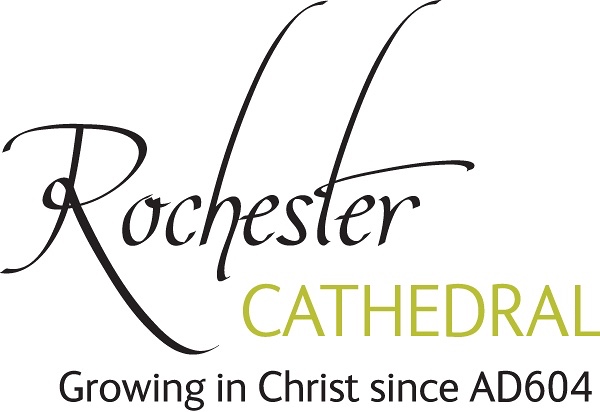Textus Roffensis officially added to UNESCO Memory of the World UK Register
/On the 25th July Textus Roffensis was officially added to a prestigious UNESCO Memory of the World UK Register. The ceremony took place at The Orangery in Bristol. Jacob Scott, Heritage Officer and Dr Christopher Monk attended the ceremony on the Cathedral’s behalf.
Within Textus Roffensis are a collection of early English law codes which have been considered significant enough to add them to this register. The register honours documentary heritage of national significance includingthe Death Warrant of King Charles I, Magna Carta and the Churchill Archives.
Textus Roffensis was compiled in the early 1120s by a monk of St Andrew’s Priory at Rochester Cathedral. The first half of the manuscript has been accepted onto the register; it contains copies of pre-Conquest laws written in Old English (Anglo-Saxon), many of which are unique to Textus Roffensis. Included among the unique texts is the earliest known set of English laws known as Æthelberht’s Code, dated to about 600 and from the Kingdom of Kent. It is also the earliest datable work of any genre composed in the English vernacular. Two later seventh-century Kentish laws, Hlothere and Eadric’s Code (c.679-c.685) and Wihtræd’s Code (695), are also unique to Textus Roffensis.
There are in total 35 early English law codes in the first half of the manuscript including laws by Alfred the Great, Æthelred ‘the Unready’ and William the Conqueror. The latest of these is the oldest surviving copy of the Coronation Charter of Henry I, the fourth son of William the Conqueror. Written in Latin, it spells out the responsibilities and limits of the King toward the Church and the king’s noblemen. As such, it has been interpreted as a precursor to Magna Carta of 1215.
Dr Christopher Monk, cultural historian of medieval England writes “The collection of early English laws that has been preserved in Textus Roffensis rightly deserves its place in UNESCO’s UK Memory of the World Register; it is an essential group of texts for any historian of the early medieval period in Britain. The insights these law codes offer us, not only into the ideals and practices of rulership of the various kings of the era but also the social structures within which their subjects lived, are nothing short of extraordinary. That we can have access to the collection today via the custodianship of Rochester Cathedral is truly special and exciting.”
Five hundred years of laws are preserved in this manuscript giving fascinating and unique insights into the lives of those peoples who inhabited an evolving England, and its adjoining regions, from the beginning of the seventh century to the beginning of the twelfth: the lives of women, men and children, the free and the unfree.
Dean of Rochester, Philip Hesketh says “Textus Roffensis is without question one of the most important of all medieval British manuscripts. It contains the largest medieval collection of early English law codes written in the original Old English. Complied at Rochester Cathedral between 1120-23 it was at the very heart of the emerging monastic community. Returned home to the Cathedral in 2016, Textus now resides, once again, at the heart of the Medway towns and is displayed, free of charge, in the ancient crypt. This announcement by the UNESCO UK Memory Register rightly acknowledges that Textus is one of Britain’s greatest treasures”
The UNESCO Memory of the World programme was established by UNESCO in 1992 to protect and catalogue significant documentary heritage from being lost to future generations.






